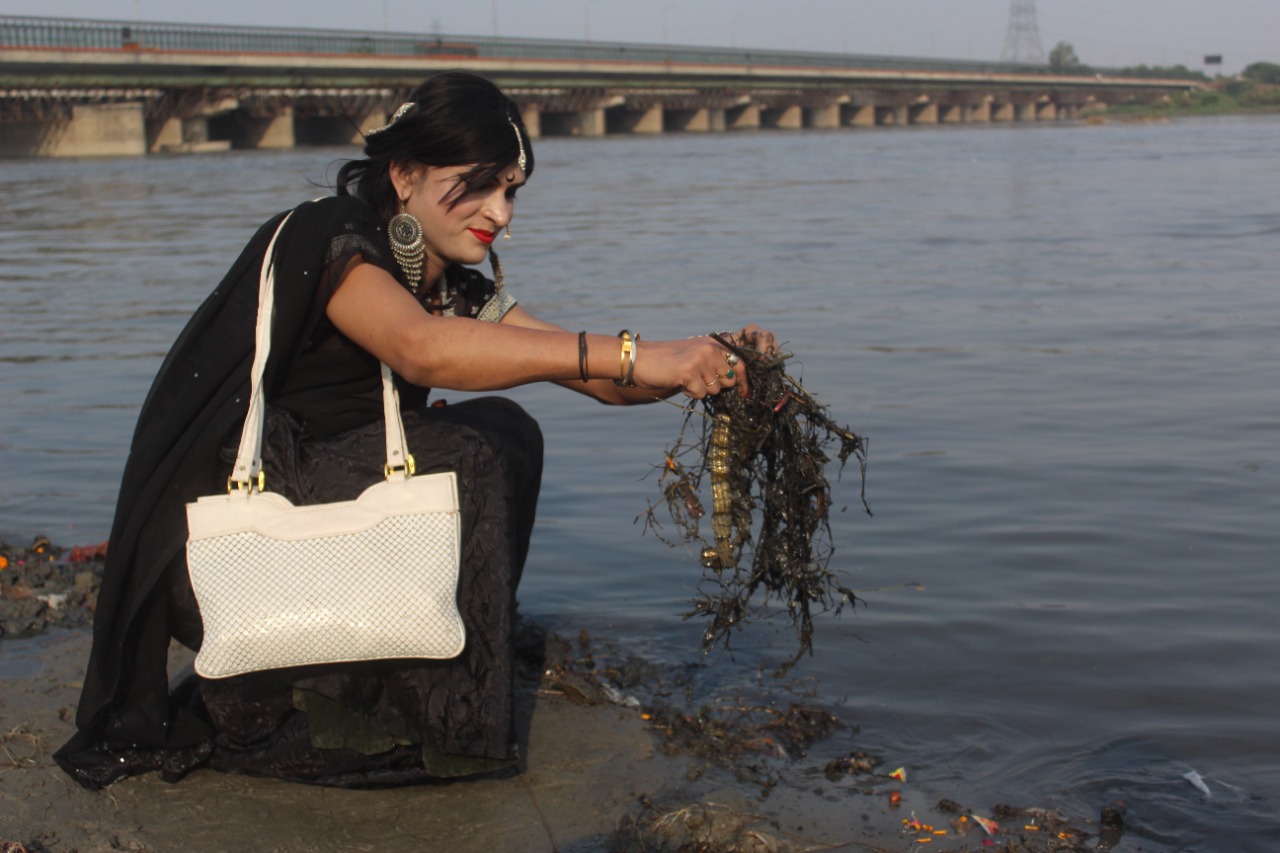New Delhi: The Transgender Persons (Protection of Rights) Bill, 2019 was introduced in the Lok Sabha by the Ministry of Social Justice and Empowerment on 19 July 2019. Despite the fact that the bill prohibits any discrimination against transgender people, including denial of services or unfair treatment in areas such as education, employment, healthcare, access to rent or residence, and so on, India still lacks awareness of gender sensitisation and continues to discriminate against transgenders in the society.
The bill has defined a transgender person as one whose gender does not match the gender assigned at birth. Transmen and transwomen, intersex variations, gender-queers, and those with socio-cultural identities such as “kinnar” and “hijra” are also included. In the Indian context, the term “hijra” appears to be derived from the Persian word “Hiz”, which means effeminate person.
“We admit that the government has taken several initiatives for the marginalised communities but more inclusive laws and community-friendly services are needed. As a member of the LGBTQIA+ community, I believe that people recognise us as a marginalised group and that the government has moved to provide some facilities, but things have not progressed as they should have,” Gulfam Hasan, Senior Strategic Analyst at Alliance India, told The Sunday Guardian.
Also, during Covid, the transgender community struggled to register themselves in the portal for vaccination. Deepika Thakur, Programme Officer, Sexuality Gender & Rights at Alliance India, told this correspondent, “Many people from the transgender community either do not have smartphones or are not technologically equipped.” Alliance India had organised free vaccination camps for the LGBTQIA+ community from time to time. As per the anecdotal evidence, a significant percentage of the transgender community members do not have their preferred gender mentioned on their Aadhaar card and as a result, several of them were deprived of Covid vaccination.
As per the study published in 2019 and supported by UNESCO, there is a huge rate of dropout from education, among transgender students and other sexual/gender minorities. Social discrimination and bullying against such a population are very common scenarios. However, only a handful of cases get officially reported every year. There is a strong need to include a gender sexuality curriculum in the syllabus of every educational institute (both private and public). Amrita Sarkar, Advisor, Transgender Wellbeing and Advocacy at Alliance India recalled one interaction with a transgender student. The student told her, “If we go to the counsellor to report bullying or harassment, they (counsellor) say, why do such things happen with you only? Sensitisation on the same topic is absolutely necessary for all educational institutes involving community experts.
Explaining the lack of sensitisation in the healthcare sector, Amrita further told this paper, “Hardly any government hospitals have separate beds for transgender community members. Most of the time, doctors don’t know how to provide community-friendly healthcare services to transgender community members. So along with the changes in the legislature, regular sensitisation or awareness activity is absolutely needed for all the service sectors.”
The bill also recognises transgender-related violence, including, physical, sexual verbal economic abuse, however, the punishment for these offences ranges from six months to two years in prison along with a fine, whereas, under Section 376 of IPC, anyone who commits the crime of rape faces a sentence of seven years to life imprisonment. Also, the legal protection of the transgender community in the marriage act, the inheritance of property act, and so on are completely partial.
As per history, eunuchs were respected during the Mughal period but with the rise of British domination in India, they were deprived of civil rights.
As per the Census of 2011, the data on Transgender were collected in the category of “Other.”
No end to discrimination against transgenders in society
- Advertisement -

